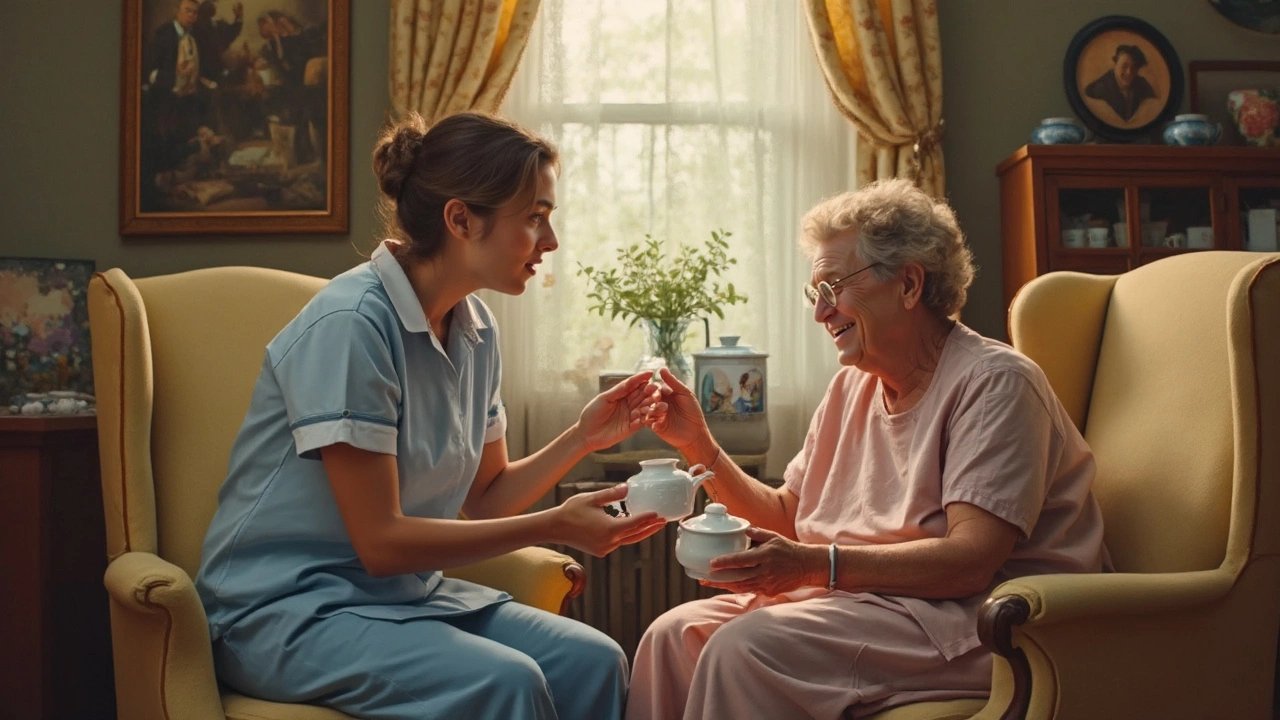Cancer Treatment: What Works and How to Stay Safe
Facing cancer is overwhelming. You want straight answers: what treatment will help, what side effects to expect, and how to find safe medicines without getting scammed. This page gives plain, practical guidance you can use in conversations with your doctor and when shopping for meds or extra support.
Common treatment options — what they do
Surgery removes tumors when possible. Radiation uses focused energy to kill cancer cells in a specific area. Chemotherapy uses drugs that attack rapidly dividing cells and can treat cancers that have spread. Targeted therapy and immunotherapy are newer: targeted drugs aim at specific cancer cell features, while immunotherapy helps your immune system spot and fight cancer. Hormone therapy treats cancers that rely on hormones, like some breast and prostate cancers. Palliative care focuses on comfort and quality of life, not just curing disease.
Each option has a goal: cure, control, or symptom relief. Ask your oncologist which goal applies to you and why. That makes trade-offs—like side effects, treatment length, and travel needs—easier to weigh.
Practical tips for side effects and daily life
Side effects vary a lot. Nausea, fatigue, low blood counts, and skin changes are common. Keep a simple side-effect diary: date, symptom, severity, what you ate, and any new meds. Bring that to appointments—doctors can adjust doses, prescribe medicines to help, or suggest timing changes that make life easier.
Nutrition, sleep, and gentle exercise help a surprising amount. Small, frequent meals, light walking or stretching, and a sleep routine reduce fatigue. If you get mouth sores, try soft, cool foods and talk to your care team for topical options. For skin problems, choose soft, breathable fabrics and mild soap.
Never stop or change cancer meds on your own. Some drugs need gradual tapering or medical monitoring. If a new symptom pops up, call your care team—fevers or sudden shortness of breath need urgent attention.
Second opinions are normal and helpful. If your recommended plan is aggressive or has big lifestyle impacts, ask for another oncologist’s view. Clinical trials can offer access to newer treatments—ask your center’s trial nurse if you’re interested.
Finally, many of our articles cover related topics like safe online pharmacies, drug comparisons, and managing side effects. Use those guides when you’re looking for cheaper meds or alternative support—but always confirm with your oncologist before starting anything new.
Want a short checklist to take to your next visit? Bring your current medication list (including supplements), a recent symptom diary, your questions written down, and a friend or family member to help remember details. That small prep makes appointments far more useful.
 26 Oct 2025
26 Oct 2025
A clear, side‑by‑side guide comparing Alkeran (melphalan) with top chemotherapy alternatives, covering efficacy, safety, cost, and practical tips.
View More
 10 Feb 2025
10 Feb 2025
Caregivers play a crucial role in the journey of cell lymphoma patients, providing not only physical support but also emotional comfort. They help manage appointments, medication, and nutrition, while offering a shoulder to lean on. Understanding the disease and treatment options empowers caregivers to better aid patients. Familiarity with self-care strategies is also essential, ensuring caregivers maintain their well-being. This collaborative effort often significantly enhances the patient's overall experience and recovery.
View More


